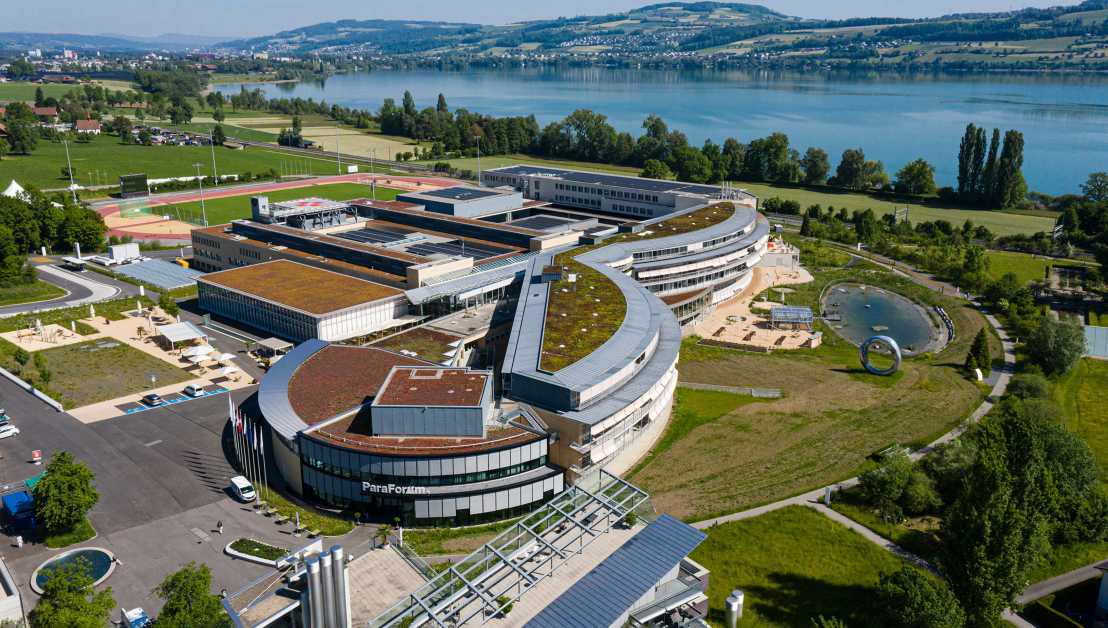Detecting complications in paraplegics at an early stage
ETH Zurich and the Swiss Paraplegic Foundation are now working together in the field of personalised medicine. Their common goal is to use new data collection techniques to help improve long-term quality of life for paraplegics.

The collaboration between ETH Zurich and the Swiss Paraplegic Foundation came about as part of ETH Zurich’s Rehab Initiative. A special laboratory was set up at the Swiss Paraplegic Centre SPC in Nottwil, canton of Lucerne, at the beginning of the year. At the SCAI Lab (Spinal Cord Injury Artificial Intelligence Lab), innovative data collection and data processing techniques will be used with the aid of artificial intelligence to improve the outpatient care of people with spinal cord injuries.
Avoiding secondary damage
The aim is to identify risk factors for complications typical of paraplegia at an early stage so that secondary damage can be recognized in good time, avoided, and treated in an individualised manner. The long-term goal is to create a “continuum of care” that enables personalised and cost-effective treatment and care and improves the quality of life of those affected.
The location of the ETH laboratory on the Nottwil campus of the SPC offers optimal opportunities for interaction between patients, clinicians, and scientists. The project is scheduled to last 10 years.
The laboratory will be run by Dr Diego Felipe Paez Granados, and the project will also be supervised from the ETH Zurich side by Professor Robert Riener. The contact person at the Swiss Paraplegic Centre is Professor Jürgen Pannek.
Media coordination via or +41 (0)41 939 62 80.
The ETH Competence Centre RESC is a nexus of expertise from academia, hospitals, industry, government, healthcare, disability organisations, and other NPOs. Its mission is to improve the quality of life and participation of people with physical disabilities; thus, contributing towards a more inclusive society. RESC promotes exchange, interdisciplinary research projects, innovative education programmes, and knowledge transfer.